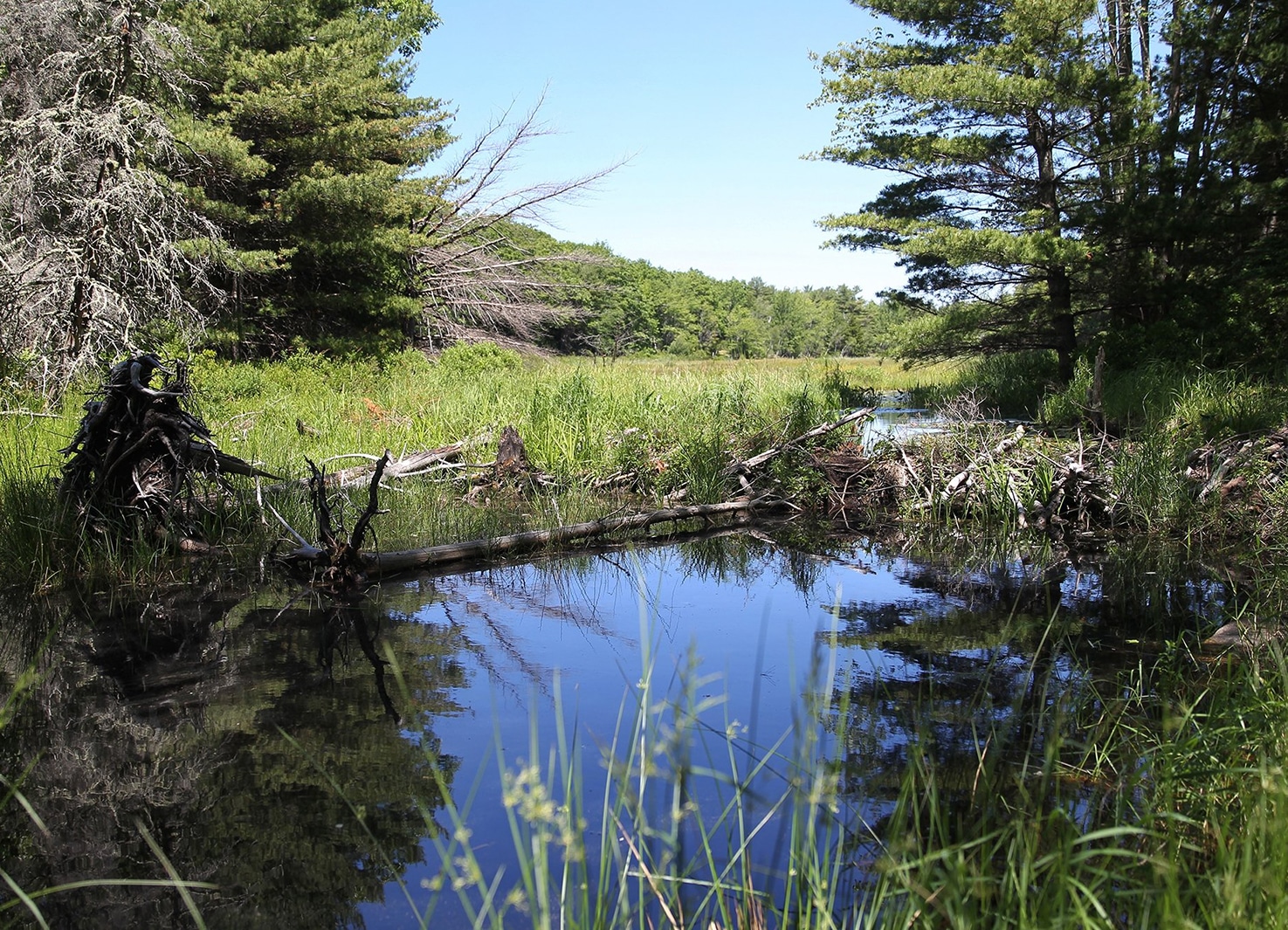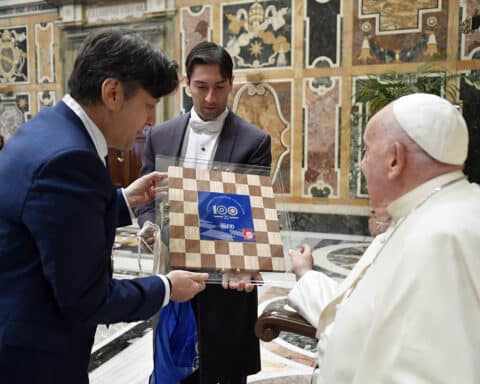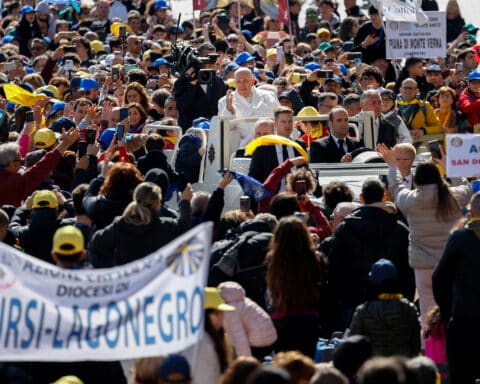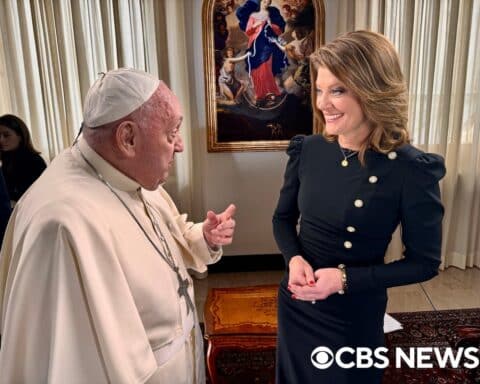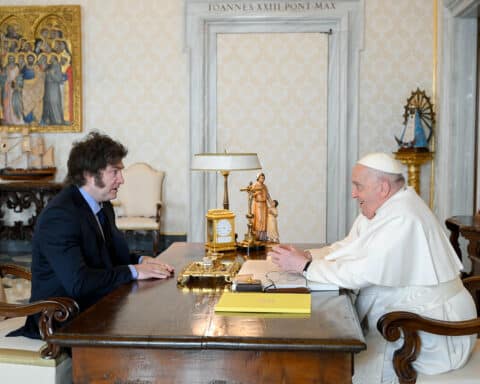Eight years have passed since the release of Pope Francis’ groundbreaking encyclical, Laudato si’. The document has undeniably contributed to raising awareness of environmental issues within the Catholic community and beyond. Laudato si’ resonated with many owing to its contemporary message, emphasizing the moral imperative to care for our common home. However, reflecting on the state of our world today, it’s evident that despite increased awareness, we find ourselves in an even more precarious situation than we did in 2015.
So it should come as no surprise that Pope Francis has been writing a follow-up to Laudato si’. The Holy Father has announced its release on Oct. 4, the feast of St. Francis of Assisi. Pope Francis told attendees of a recent general audience, “It is necessary to stand with the victims of environmental and climate injustice, striving to put an end to the senseless war on our common home, which is a terrible world war.” We hope that the coming document, planned as an apostolic exhortation, will emphasize the interconnectedness of creation, Christian anthropology, the limits of new technologies, and subsidiarity.
The interconnectedness of creation
In Laudato si’, Pope Francis introduces the concept of “integral ecology,” which emphasizes the interconnectedness of environmental, social, economic and cultural dimensions. He advocates for an integrated approach to addressing environmental challenges, recognizing that solutions to environmental problems must consider the well-being of both humanity and the planet.
Integral Catholic ecology stands as the cornerstone of our faith’s response to the ecological crisis. It encompasses the recognition that all living beings are interconnected, forming a complex web of life that we are called to preserve and nurture. We hope that the follow-up document will underscore this interconnectedness, emphasizing the theological categories ignored by the secular environmentalist movement. Catholics must understand and articulate that the interconnectedness of creation points and leads back to God.
Understanding humanity’s role
Another central theme that we hope the forthcoming apostolic exhortation will address is Christian anthropology. Our responsibility as stewards of creation is fundamentally rooted in our understanding of what it means to be human. As Pope Francis wrote in Laudato si’: “But one cannot prescind from humanity. There can be no renewal of our relationship with nature without a renewal of humanity itself. There can be no ecology without an adequate anthropology.” It is, as the Holy Father writes, impossible to get care for creation right if we misunderstand who we are as creatures.
As Catholics, we believe that we are created in the image and likeness of God, and this intrinsic resemblance to the Creator calls us to exercise dominion over the Earth in a manner that mirrors God’s loving care for his creation. To love and accept our nature as embodied creatures, embracing what it means to be male and female, is today a pressing need. The document should inspire us in our efforts to teach the truth about who human beings are, the eternal destiny with God for which we were made, and the consequences of our moral failures on this side of heaven.
New technologies: Dangers and possibilities
Advancements in technology have presented both opportunities and challenges in our quest for environmental sustainability. While innovation can aid in conservation efforts, it can also exacerbate environmental degradation.
Pope Francis wrote in Laudato si’: “Ecological culture cannot be reduced to a series of urgent and partial responses to the immediate problems of pollution, environmental decay and the depletion of natural resources. There needs to be a distinctive way of looking at things, a way of thinking, policies, an educational program, a lifestyle and a spirituality which together generate resistance to the assault of the technocratic paradigm.” The follow-up document would benefit from an exploration of the ethical dimensions that accompany the rise of new technology, guiding us in discerning how to harness its potential for the common good while mitigating any harmful effects. We hope that Pope Francis will encourage responsible technological development that aligns with the principles of stewardship and respect for the Earth.
Globalism and subsidiarity
Global economic interests often give priority to profit and growth over environmental sustainability and social justice. This can lead to exploitation of natural resources, pollution and the marginalization of vulnerable communities. As Pope Francis warned in Laudato si’, “A consumerist vision of human beings, encouraged by the mechanisms of today’s globalized economy, has a leveling effect on cultures, diminishing the immense variety which is the heritage of all humanity.”
One size doesn’t fit all. Universal norms threaten to damage local communities by animating responses not tailored to the common good of a particular place. We hope the new document will further elaborate on Pope Francis’ vision of subsidiarity, showing how local communities can and will make a difference in ways suited to their needs and resources.
As we anticipate the release of this follow-up document, we must recognize our shared responsibility to protect our common home. Laudato si’ laid the foundation, and now we must build upon it with renewed dedication and urgency. Let us heed the call to integral Catholic ecology, embrace the possibilities and acknowledge the challenges of new technologies, and tirelessly advocate for the protection of those most vulnerable. May spiritual renewal and a deeper understanding of our biblical stewardship guide us on this path toward healing our wounded world.

